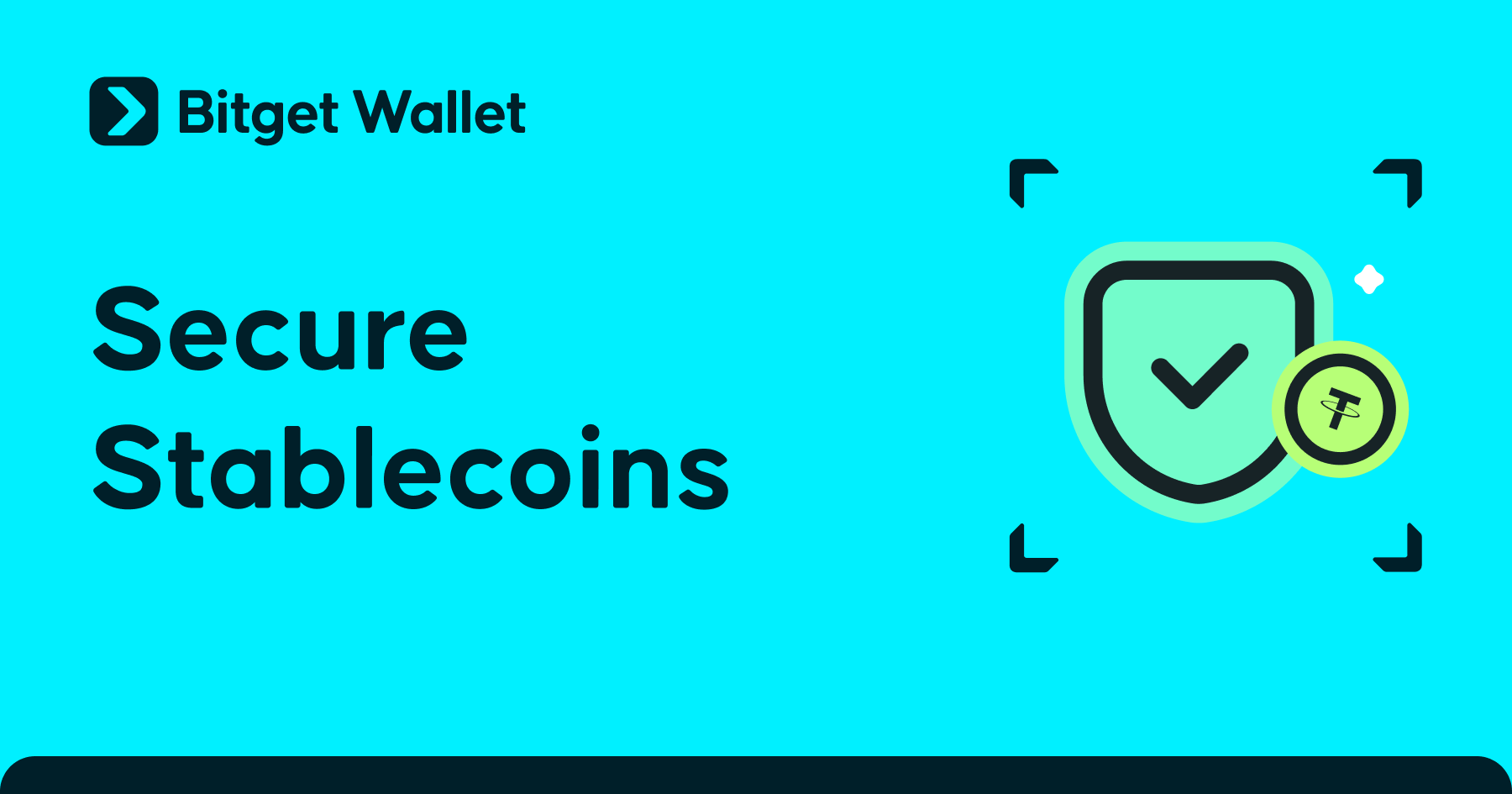All About Validiums: Full Guide To Scalable Blockchain Solutions

What if there was a way to supercharge Ethereum's transaction speed without compromising its security? That's where Validiums come in, a game-changing technology that pushes the limits of blockchain scalability.
This Layer 2 scaling solution leverages off-chain data availability and zero-knowledge proofs to enable high transaction throughput. This article will further explore this unique technology, assessing its mechanics, benefits, and potential to transform the Ethereum ecosystem.
What Are Validiums?
Validiums are a Layer 2 scaling solution for Ethereum that leverages off-chain data availability and computation to significantly boost transaction throughput and efficiency. They do this by processing transactions outside of the Ethereum mainnet, which reduces congestion and gas expenses.
In essence, Validiums function as sidechains that operate alongside the Ethereum main chain. They package transactions and process them off-chain, only sending a brief cryptographic evidence, known as a validity proof, to the mainnet for validation.
This proof, frequently in the form of ZK-SNARKs or ZK-STARKs, attests to the correctness of off-chain calculations while concealing the underlying transaction data.
Related topic: What is Zero-knowledge Proof (ZKP)?
Understanding How Validiums Work
Validiums are a complex symphony of off-chain calculations and on-chain verifications designed to enable amazing scalability on the Ethereum network. Let’s break down the major phases of this complex procedure.
#1: Submitting Transaction
The journey starts with users initiating transactions on the Validium blockchain. These transactions cover a broad range of operations, from basic token transfers to complicated smart contract interactions.
Users submit their transactions to the Validium operator, the organization in charge of managing off-chain processing. This operator can be a single entity or a group chosen via a Proof-of-Stake (PoS) process, assuring some degree of decentralization.
#2: Batching And Off-Chain Processing
Acting as a diligent conductor, the operator collects several transactions and methodically sorts them into batches. These batches are then processed off-chain outside of the main Ethereum network.
This clever solution significantly increases transaction throughput as compared to processing each transaction separately on the mainnet.
#3: Generating Proofs
Following off-chain processing, the operator creates Zero-Knowledge (ZK) proofs, which serve as incontrovertible evidence that the resultant state changes follow the Ethereum network's rules and that the off-chain computations were done perfectly.
Surprisingly, ZK-proofs achieve this feat while maintaining anonymity without disclosing any precise information about the transactions themselves.
#4: Verifying Proofs And Updating States
The Ethereum mainnet receives the created ZK-proofs together with a state commitment, which is a cryptographic representation of the off-chain system's most recent state. A smart contract on the mainnet then verifies the authenticity of these proofs.
This verification procedure, similar to a final performance review, protects the security and finality of transactions by verifying the correctness of off-chain computations and the updated state's conformity with blockchain standards.
Benefits of Validiums
Validiums solve the Ethereum network's fundamental issues by exploiting off-chain data availability and processing, paving the way for new decentralized applications and user experiences.
Augmented Security
Validiums offer increased transaction privacy and security without sacrificing scalability by storing data off-chain. The use of ZK-proofs is critical to ensuring the integrity and secrecy of transactions inside a Validium. ZK-proofs allow calculations to be verified without disclosing sensitive user data, providing a degree of privacy that standard on-chain transactions sometimes lack.
Additionally, Validiums have the ability to promote privacy. Because Validiums handle data off-chain, transaction information is not required to be publicly revealed on the Ethereum mainnet.
Cost Effectiveness
Validiums drastically cut gas expenses by not adding transaction data to the blockchain. By handling off-chain, users can benefit from lower computational overhead on the Ethereum mainnet, resulting in considerable cost reductions.
Faster Transaction Speed
Validiums can process up to 9,000 transactions per second (TPS) by offloading data storage and processing off the Ethereum mainnet, while the Ethereum mainnet can only handle 15-25 tps. This is critical for applications like decentralized exchanges (DEXs), which need speed and cost-effectiveness.
Drawbacks of Validiums
Despite their merits, Validiums do have several drawbacks. It's crucial to weigh these potential risks against the advantages when considering adopting this scaling solution.
Network Centralization Risks
One noteworthy problem is the possibility of centralization. While Validiums seek to increase scalability, they often depend on a small number of operators or validators to handle off-chain transaction processing and provide validity proofs.
This concentration of authority may result in a single point of failure, making the system susceptible to manipulation or censorship. Plus, the need for specialized hardware to construct ZK-proofs might worsen centralization since only a few companies may have the appropriate resources.
Data Availability Risks
Validium's dependence on off-chain data availability poses additional dangers. If operators or data availability managers suppress transaction data, it can be impossible to create the required evidence for withdrawing user cash.
This reliance on external data sources fosters a level of trust that goes against the primary premise of decentralization in the crypto realm. Not to mention, off-chain data storage can be vulnerable to hacking or illegal access.
Interoperability And Compatibility Risks
While Validiums have significant advantages, incorporating them easily into current Ethereum smart contracts and protocols may be difficult. Potential data structure mismatches and variances in transaction execution methodologies may present challenges for developers looking to use Validiums in their applications.
However, continuing work to increase interoperability and compatibility between the Ethereum mainnet and its sidechains provides hope for overcoming this barrier in the future.
Validiums vs. Volitions
While Validiums have various advantages, they also have certain drawbacks, notably in terms of data availability. To overcome this constraint and increase flexibility, a new approach has emerged: Volitions. Let's look at the major differences between Validiums and Volitions to better grasp their roles in the Ethereum scaling environment.
| Transaction Processing |
Exclusively off-chain |
Flexible (on-chain or off-chain) |
| Scalability |
High, optimized for large transaction volumes |
High, adaptable to different needs |
| Security Model |
Relies on the Ethereum mainnet for security |
Combines on-chain and off-chain security |
| Data Availability |
Off-chain, but validity ensured with ZK-proofs |
User choice: on-chain for increased security or off-chain |
| Use Case |
Ideal for high transaction throughput applications |
Versatile, suitable for various needs |
| Transaction Fees |
Generally lower due to off-chain processing |
Vary depending on processing choice |
| Complexity |
Lower, with a simpler off-chain focus |
Higher due to its hybrid nature |
| Privacy |
High, thanks to ZK-proofs obscuring transaction details |
Can be higher with off-chain options |
Validiums vs Rollups
While both share the objective of increasing transaction throughput, Validiums and Rollups take quite different approaches to data availability and security standards. Let's dissect these contrasts to gain a clearer understanding of their strengths and trade-offs.
| Data Availability |
Off-chain |
On-chain |
| Flexibility |
More adaptable for managing off-chain data |
Less flexible due to on-chain data requirements |
| Security |
High, but slightly lower than rollups |
Extremely high due to on-chain data storage |
| Scalability |
Extremely high scalability due to off-chain data management |
High scalability |
| Cost |
Lower costs due to off-chain data handling |
Typically higher due to on-chain data costs |
Pushing the Limits of Ethereum
Validiums are a critical breakthrough that pushes Ethereum's limits by providing unparalleled scalability and efficiency. As this technology evolves and gets traction, it has the ability to change the landscape of decentralized apps and blockchain-based solutions.
Stay ahead of the curve by learning about the power of Validiums and the rapidly developing world of Web3. To engage with these cutting-edge technologies, you'll need a safe and adaptable wallet like Bitget Wallet.
- What Is Crypto Fear and Greed Index: How Traders Read Fear vs Greed Signals2025-11-19 | 5 mins
- How to Pay with Crypto: Fast, Safe, and Beginner-Friendly Method2025-11-18 | 5 mins
- How to Convert Your Crypto to Cash: 5 Easy Ways for Beginners2025-11-18 | 5 mins

















